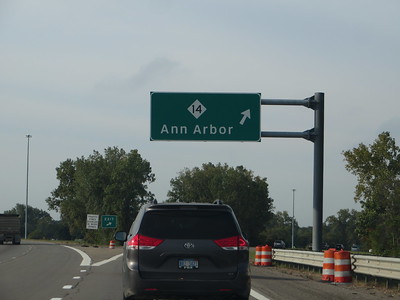President Biden’s newly announced infrastructure deal will create thousands of jobs. In addition, about a quarter of today’s infrastructure workforce is heading into retirement. Analysts estimate that about 1.5 million infrastructure workers will retire every year for the next decade. So, it raises the question of who will fill all these jobs?
The infrastructure deal will pour nearly $1T into the economy to fix the nation’s roads, bridges and water infrastructure. No one argues that the work is unnecessary. But there are few trained workers to take on the task of rebuilding.
Community colleges can boost enrollment and contribute to a positive outcome for the infrastructure deal. But simply training the workers isn’t enough. The infrastructure deal will create enormous demand for skilled labor. This includes construction workers, plumbers and associated tradespeople, electricians, iron workers, road workers, energy, etc. Community colleges must change their approach to enrolling students in these programs.
What would the enrollment in these critical programs look like if community colleges made specific efforts to recruit students into these programs? If they provided a financial aid package that enabled the student to complete a degree program debt-free? Paid a stipend to students enrolled in these programs? Sought employers to sponsor students while they study and then fill jobs once they’ve completed the program?
Recently, I wrote about WCC’s involvement in a four-week training program sponsored by local long-term care providers. Although the program incorporated some of these features, the starting wage was well below a living wage in Washtenaw County. WCC cannot and should not expend community resources to create poverty-wage jobs when the opportunity to train people to fill high-wage jobs exists.
Infrastructure deal highlights county’s educational needs
Without doubt, President Biden’s infrastructure deal will create jobs, but it will not create trained workers to fill them. By changing the way it recruits students in occupational, vocational and trades programs, WCC could reliably fill program slots with students in its coveted demographic: recent high school graduates. At the same time, WCC could help address the need for infrastructure workers in Washtenaw County.
Jobs created by the infrastructure deal, like seats in WCC’s classrooms, won’t be filled by virtue of simply being available. It is time for WCC’s well-staffed and highly paid administration to start producing results. Handwringing about the number of high school graduates is not helpful. Neither is diverting revenue away from education and toward unrelated business activities. If the WCC administration has no clear ideas about how to address the educational needs of Washtenaw County’s working adults, it’s time to start looking for new administrators.
Photo Credit: Ken Lund , via Flickr










































